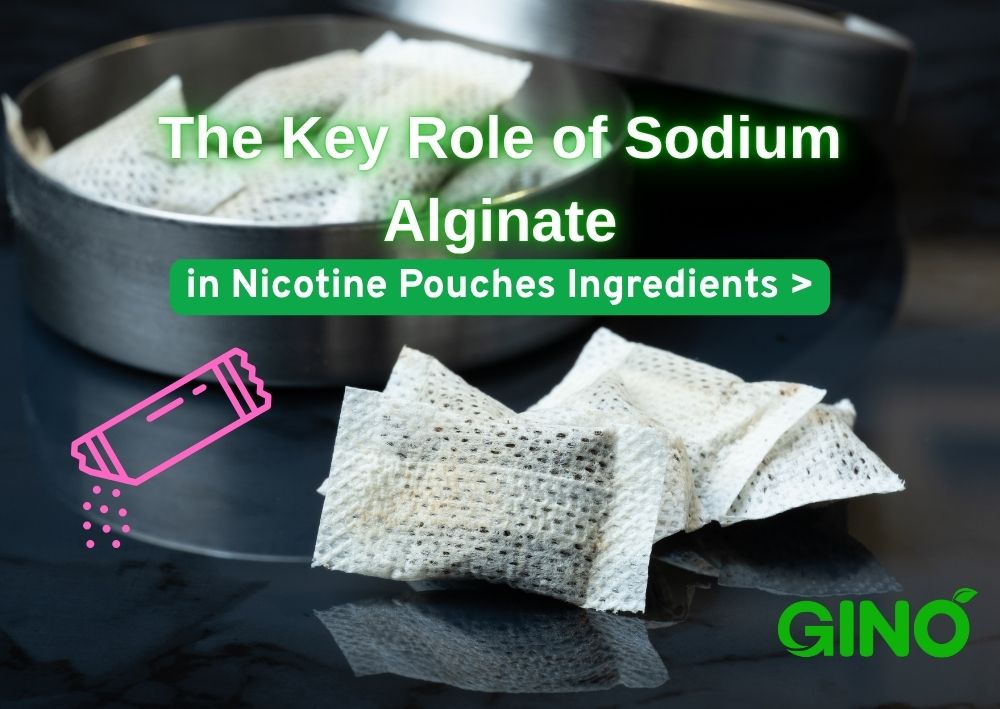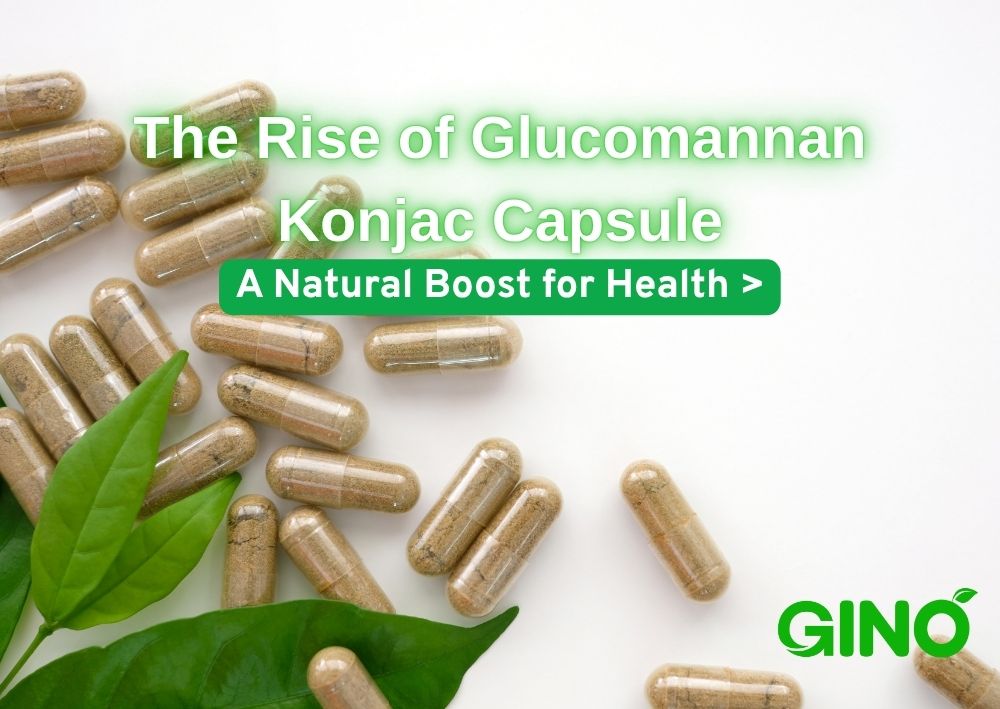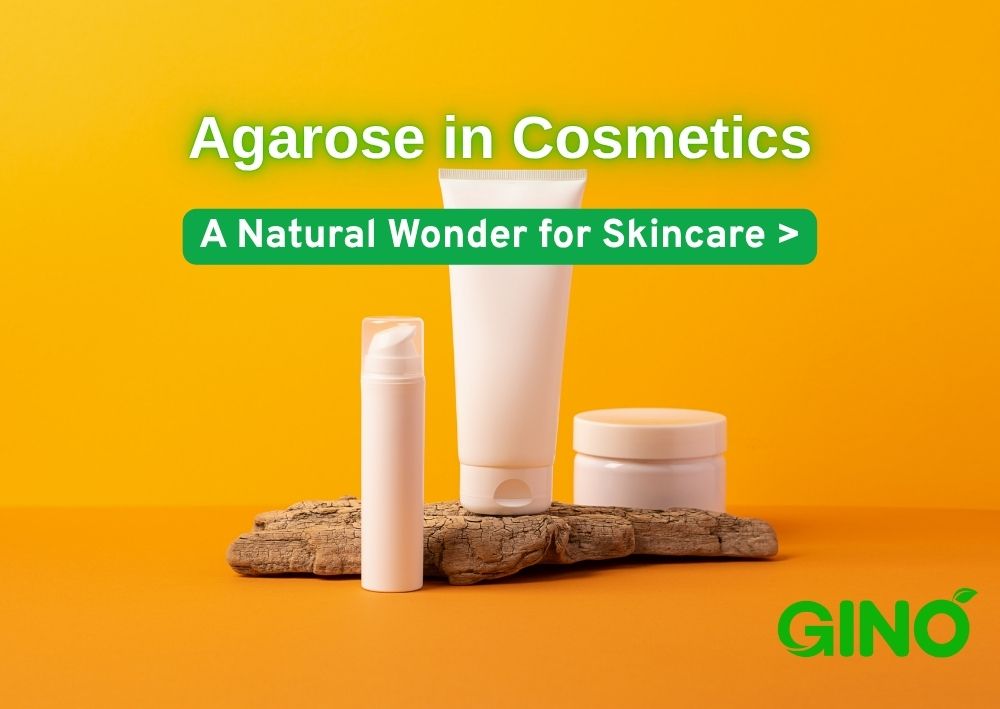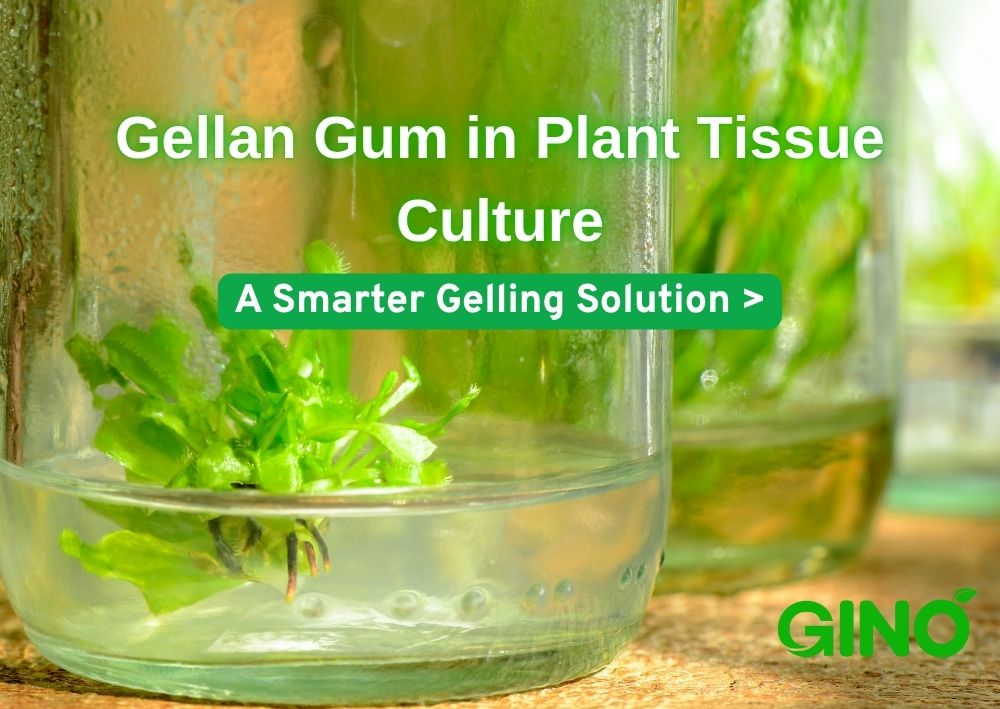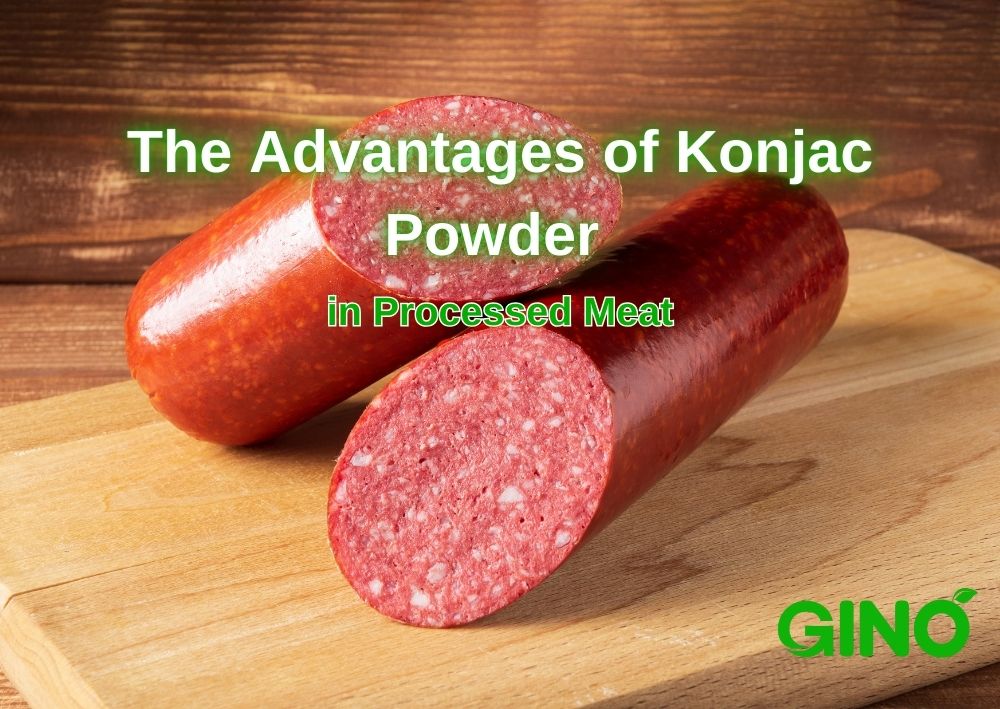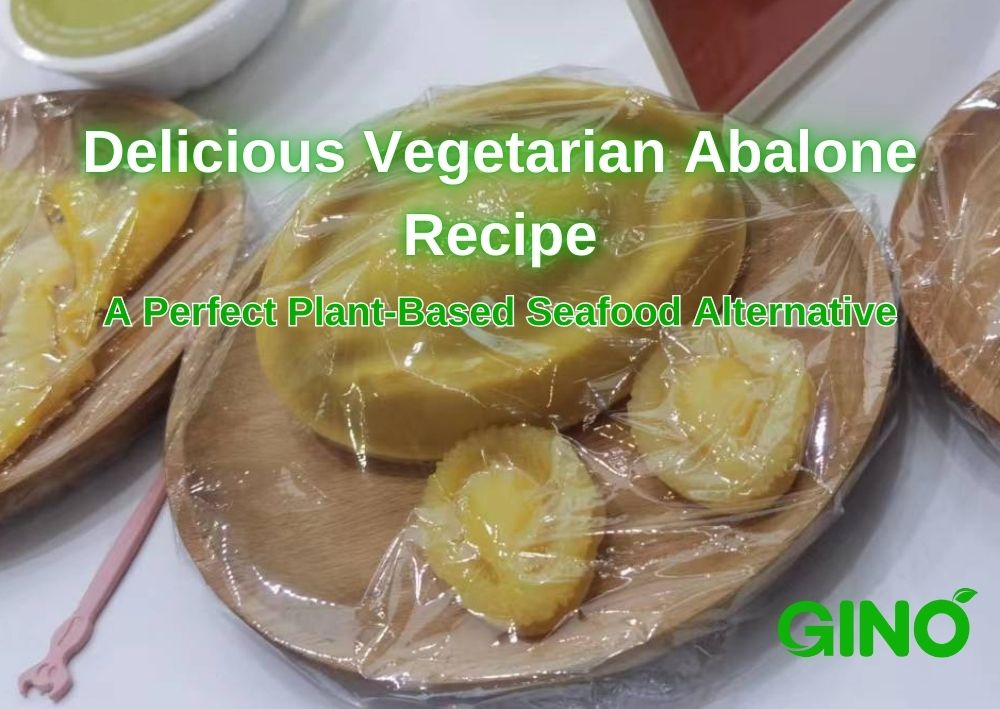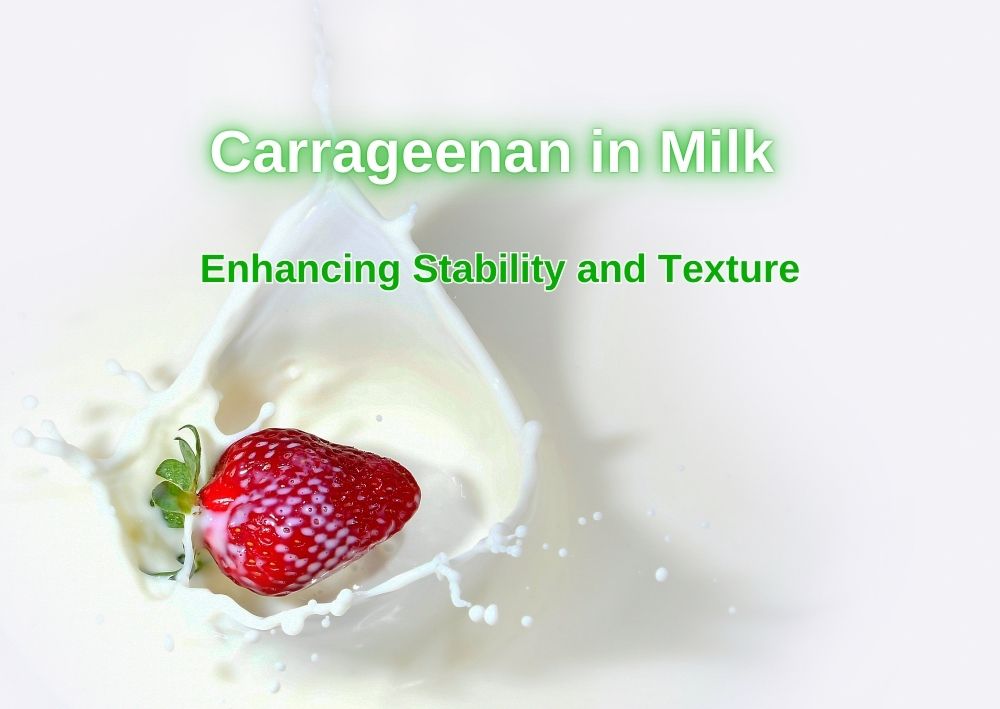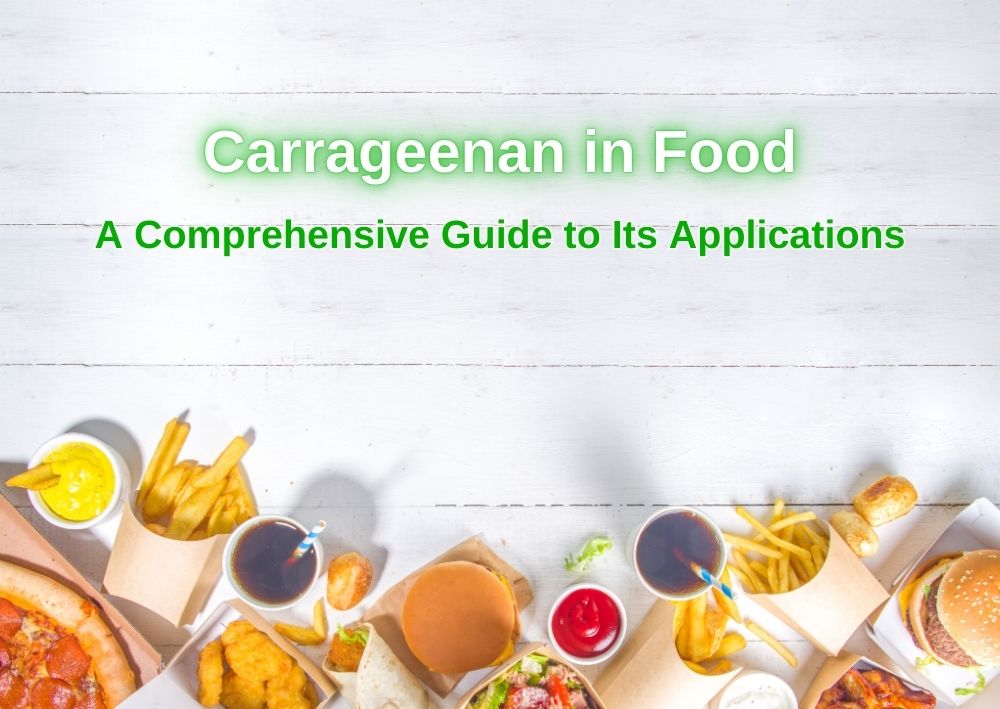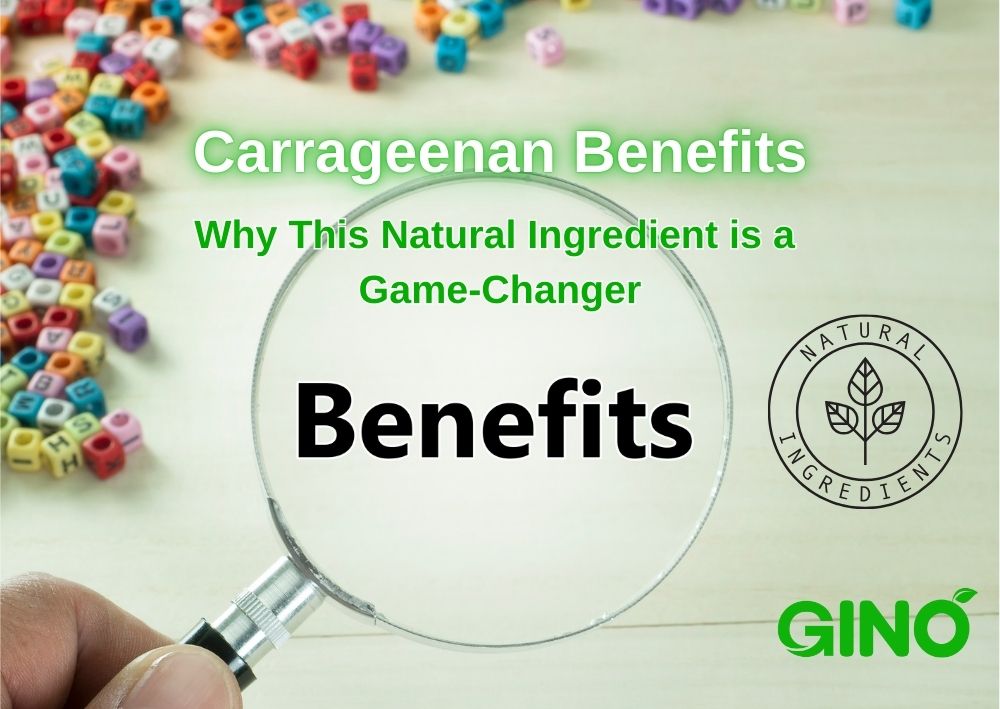
Is Pectin Natural?
Is Pectin Natural?
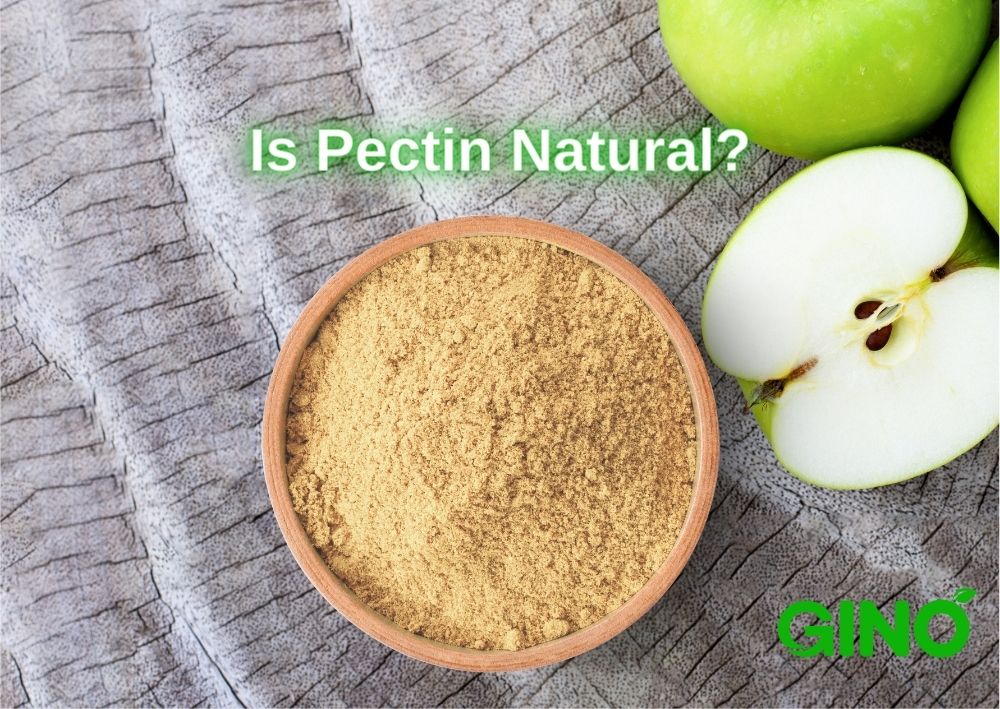
For our large-scale producers crafting jams, gummies, and even pet treats, a fundamental question arises - Is Pectin Natural?
This isn't just a kitchen talk; it's a journey into understanding where the heart of our ingredients comes from. Join us as we uncover the simplicity and natural origins of pectin, a key player that not only improves your product quality but also brings a bit of nature's goodness to the mix.
Let's dive into the exploration of pectin's natural wonders, where authenticity meets innovation in the world of large-scale production.
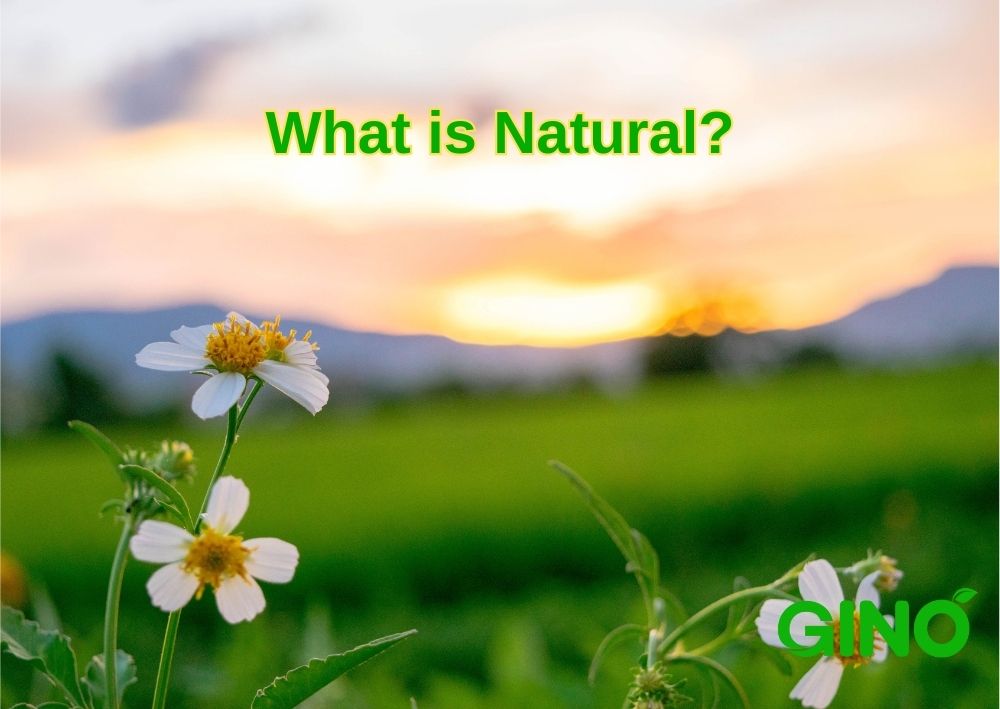
1. What is Natural?
How do authoritative institutions define “natural”?
1.1 How does AAFCO define natural?
In short, AAFCO (Association of American Feed Control Officials) - natural means an ingredient derived solely from plant, animal, or mined sources without chemical synthesis.
1.2 Does the FDA have a definition for natural?
Currently, the U.S. Food and Drug Administration (FDA) doesn’t have a formal definition for “natural” as a food labeling term.
Ultimately, the FDA considers “natural” to mean that nothing artificial or synthetic has been put into a food that wouldn't be expected to be there.
1.3 Natural’s Definition from FEDIAF
According to the guidelines set by the European Pet Food Industry Federation (FEDIAF), the term "natural" is reserved for substances in pet food.
These substances, whether derived from plants, animals, micro-organisms, or minerals, should remain free from any additional additives.
Moreover, they should undergo only the necessary physical processing to render them suitable for pet food production while preserving their natural composition.
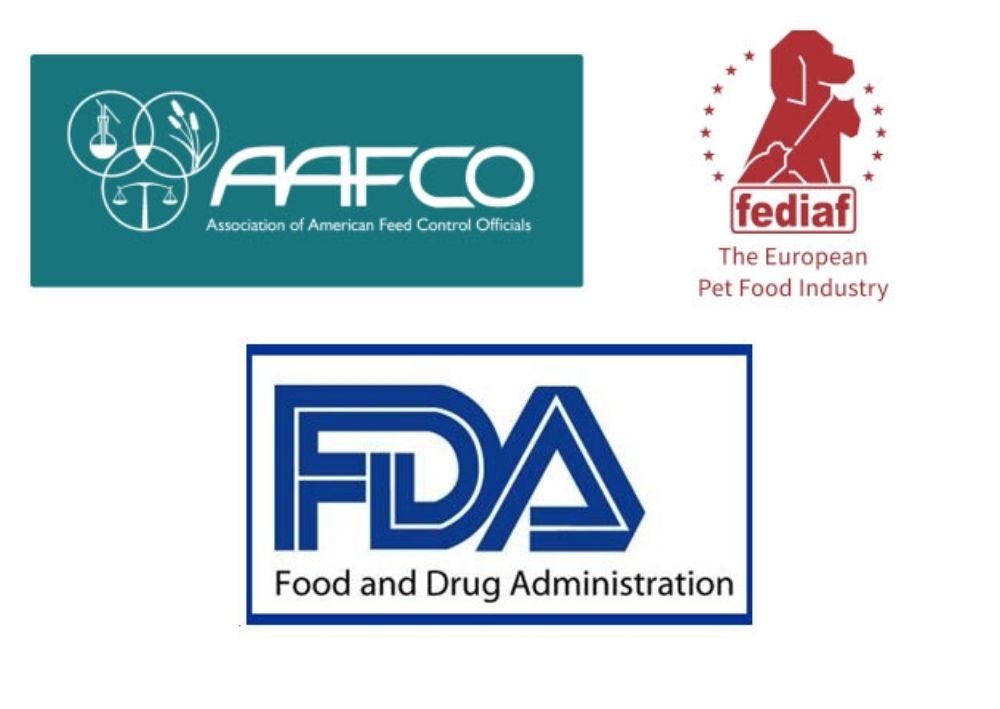
Examples of Acceptable physical processes | Examples of Unacceptable processes/materials |
Freezing | Bleaching |
Extraction without chemicals | Oxidation by chemicals |
Concentration | Chemical treatments |
Drying | Any genetically modified material |
Pasteurisation |
|
Smoking without chemicals |
|
Grinding Extrusion |
|
Pelletisation |
|
Microbiological and/or enzymatic processes |
Does your material meet the above definition of “Natural”?
2. Is Pectin Natural?
Before addressing this question, let's first understand another two: What is pectin, and how is pectin made?
2.1 What is Pectin?
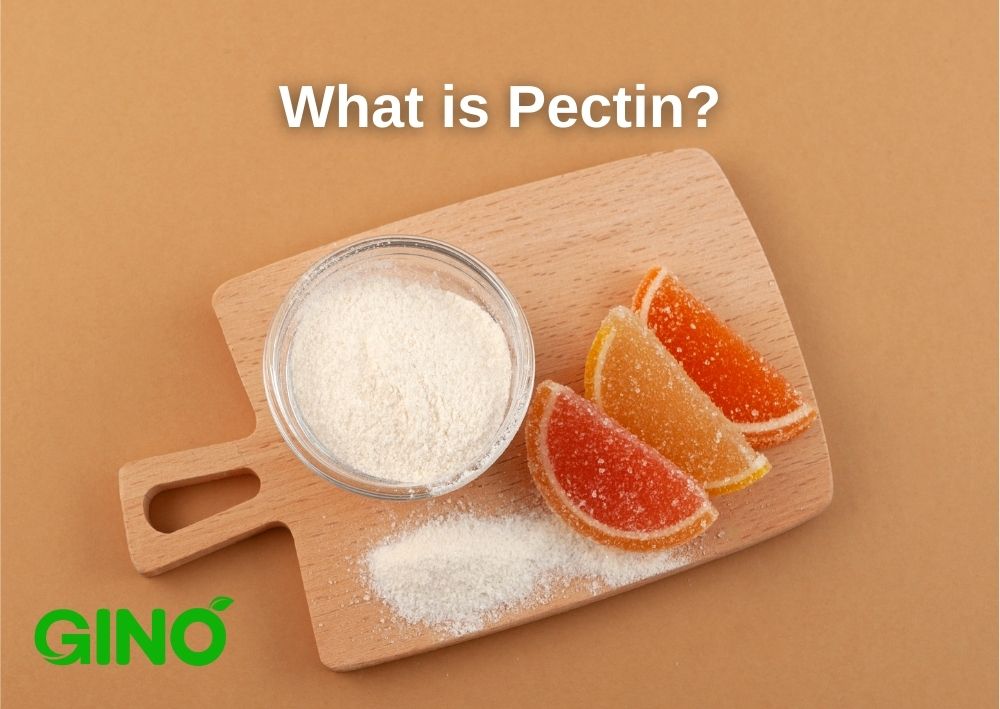
Pectin is a natural substance that is found in the cell walls of plants. It is a complex carbohydrate that is made up of a chain of sugar molecules, including galacturonic acid, rhamnose, and arabinose.
Pectin is used as a gelling agent in food products because it can form a gel when it is mixed with sugar and acid.
Pectin is also used as a thickener, stabilizer, and emulsifier in many food products.
2.2 How is Pectin Made?
Pectin is typically made from citrus peels and apple pomace, which are byproducts of fruit juice production. The manufacturing process for pectin involves the following steps:
Fruit
Extraction
Precipitation
De-esterification
Standardization and delivery
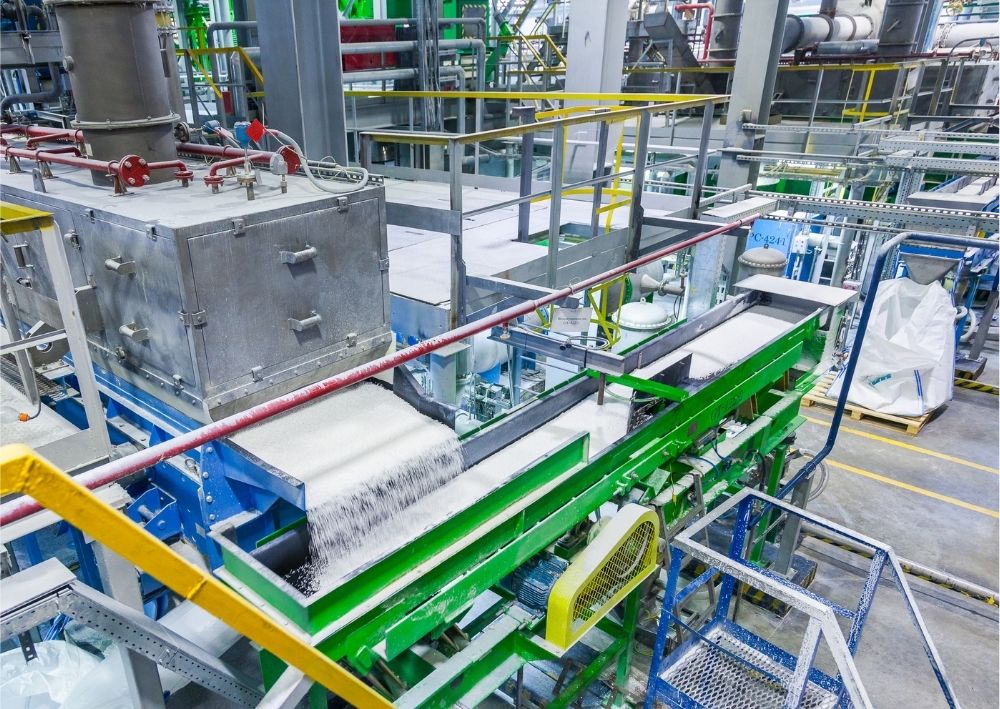
2.3 Is Pectin Natural or Not?
The question of whether pectin is natural or not is often debated.
Pectin naturally occurs in many fruits and is extracted from these sources through various physical processes such as concentration, drying, and grinding.
However, some commercial pectin production methods involve the use of hydrochloric acid and ethanol, which can be considered synthetic or chemical processes.
Nevertheless, pectin is generally regarded as a natural ingredient. The European Pet Food Industry Federation (FEDIAF) defines natural ingredients as those derived from plants, animals, micro-organisms, or minerals, with no added ingredients, and processed only through physical means such as grinding, pelleting, or extrusion.
Pectin extracted using physical processes falls within this definition, whereas pectin produced using chemical processes does not meet these criteria.
Explore Pectin's Natural Wonders with Us!
Discover the natural wonders of pectin at Gino Gums. Whether you're crafting gels, confections, or other products, our diverse range, including low molecular weight/modified citrus pectin, is designed to elevate your formulations.
Ready to enhance your manufacturing process? Contact us now to place your order and unlock the potential of our premium pectin offerings.
Elevate your products with us!
Contact Our team
